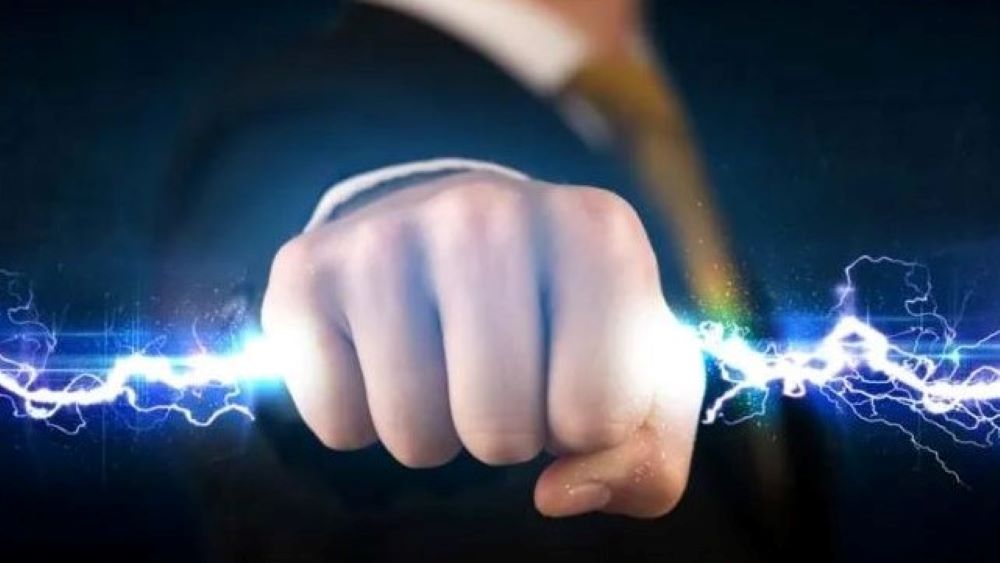The “Introduction of real energy prices to increase energy efficiency” has an exceptional contribution to increasing energy efficiency, but the current global crisis in Bosnia and Herzegovina makes its introduction difficult.

Hajdar Arifagić
Consumers in Bosnia and Herzegovina are currently properly supplied with electricity, and this should remain the case in the future, despite the global energy crisis. The election lists of almost all parties and coalitions see a high number of electrical engineers, and therefore power engineers. The concentration of intelligence and political power of their choice should not leave us in the dark. In this regard, it is no coincidence that the construction of a new wind power plant on the Sarajevo-Mostar route began precisely during this year’s fiercest election campaign. And it didn’t take that long for this undertaking to be recognised, as the now-deceased university professor dr. Fajik Begić set up a laboratory for measuring wind speed at that location two decades ago, claiming that it was ideal for electricity production. Renewable sources were not as interesting then as they are today. In the transition process of the power sector and its decarbonization, they have become an important pillar of the energy future.
The geopolitical situation in the world and the energy crisis impose the need to search for new solutions in the production and consumption of energy. Increasing energy efficiency (saving electricity) is, in turn, imposed as a saving solution. In order of importance, energy efficiency is at the top of the list of measures for implementing this energy transition. The question of how much electricity is produced in Bosnia and Herzegovina is identical in importance to the question of how much energy we save. Here’s why: the greatest opportunities to save electricity lie in direct consumption, especially in the household and service sectors. Only by using energy-saving light bulbs, households can reduce the lighting costs of their living space by 85 percent.
Increasing energy efficiency aims to reduce electricity consumption, which results in a reduction of greenhouse gas emissions, while maintaining security of supply to consumers and acceptable energy prices. The introduction of realistic energy prices has an exceptional contribution to increasing energy efficiency. However, the current global crisis makes this introduction more difficult due to the competitiveness of the economy. In Bosnia and Herzegovina, the introduction of real prices is currently not relevant. Not only because of the election and the preservation of peace, but also because of the fact that even the economy would not be able to handle a new, realistically higher levy. Director of Elektroprivreda BiH Admir Andelija and Federal Minister of Energy, Mining and Economy Nermin Đindić stated during the pre-election campaign that electricity will not increase in price until the end of the year!? Unfortunately it will, regardless of whether new parties and forces will come to power or whether the current ones will extend another mandate. The increase in prices is one of the measures to save even more energy both in the house/apartment and in the production process, and to bring the financial parameters in the production and delivery, that is, the sale of electricity in the power companies, into a more realistic relationship.
Miners, however, do not have the patience to wait for what will happen in the next few months. They announced a general strike demanding the signing of a collective agreement that will increase their wages and, in addition, increase their hot meal allowance. They are not interested in saving light. They are used to working, and often eating, in the dark!
Hajdar Arifagić, journalist and publicist from Sarajevo



Leave A Comment